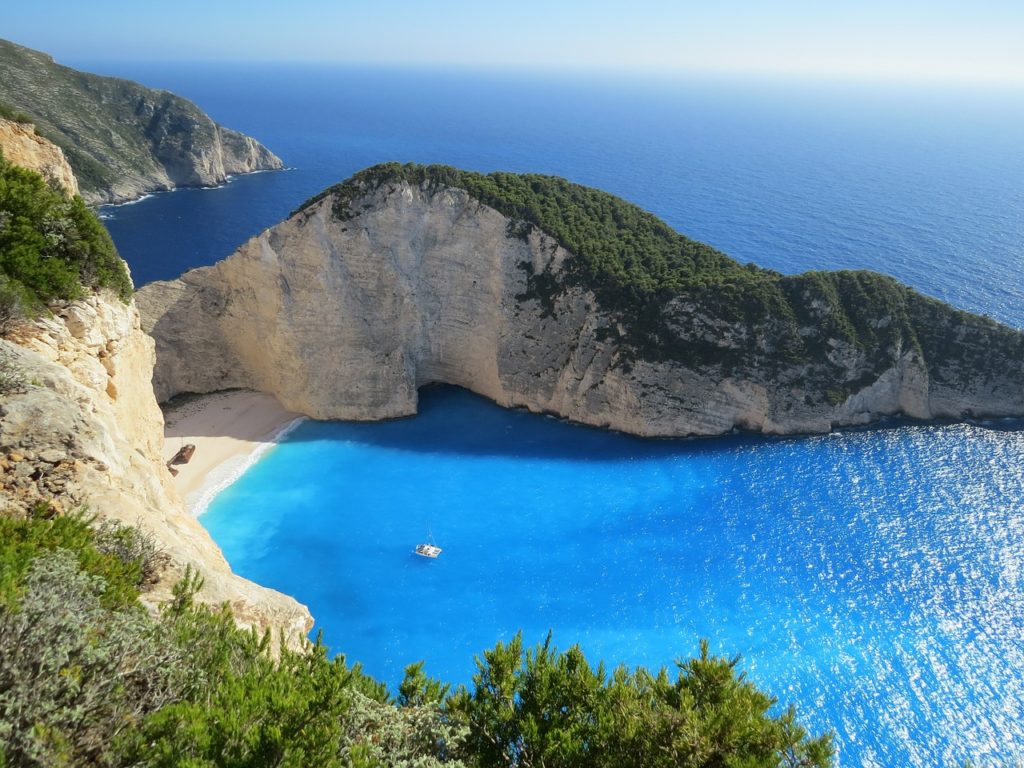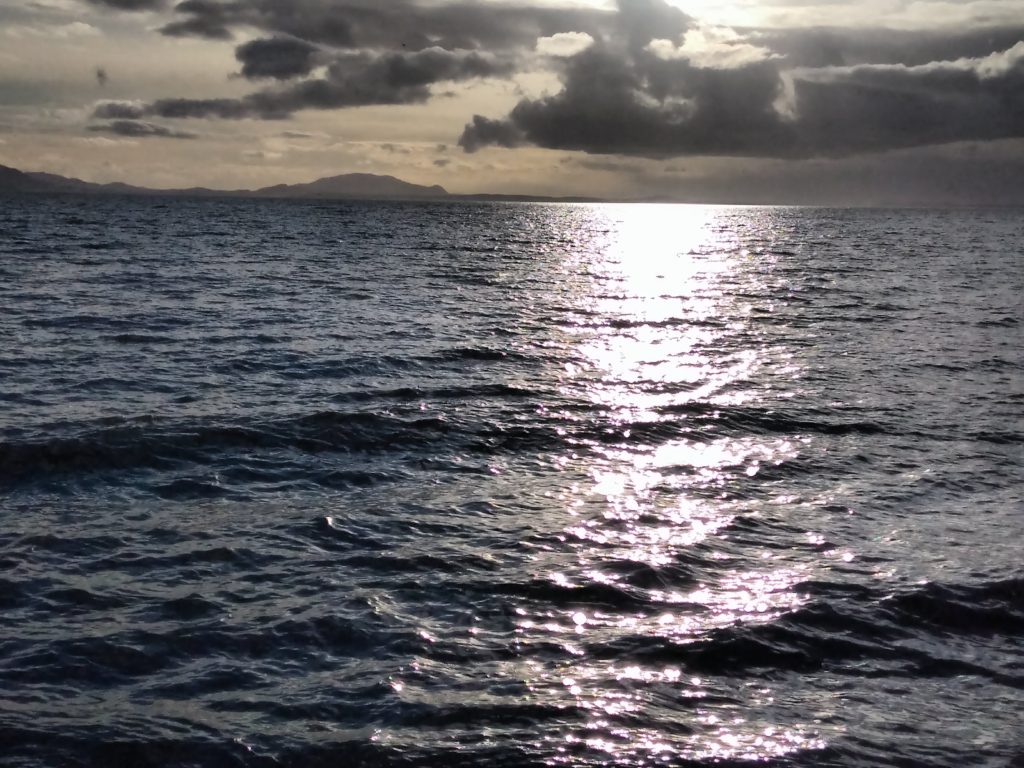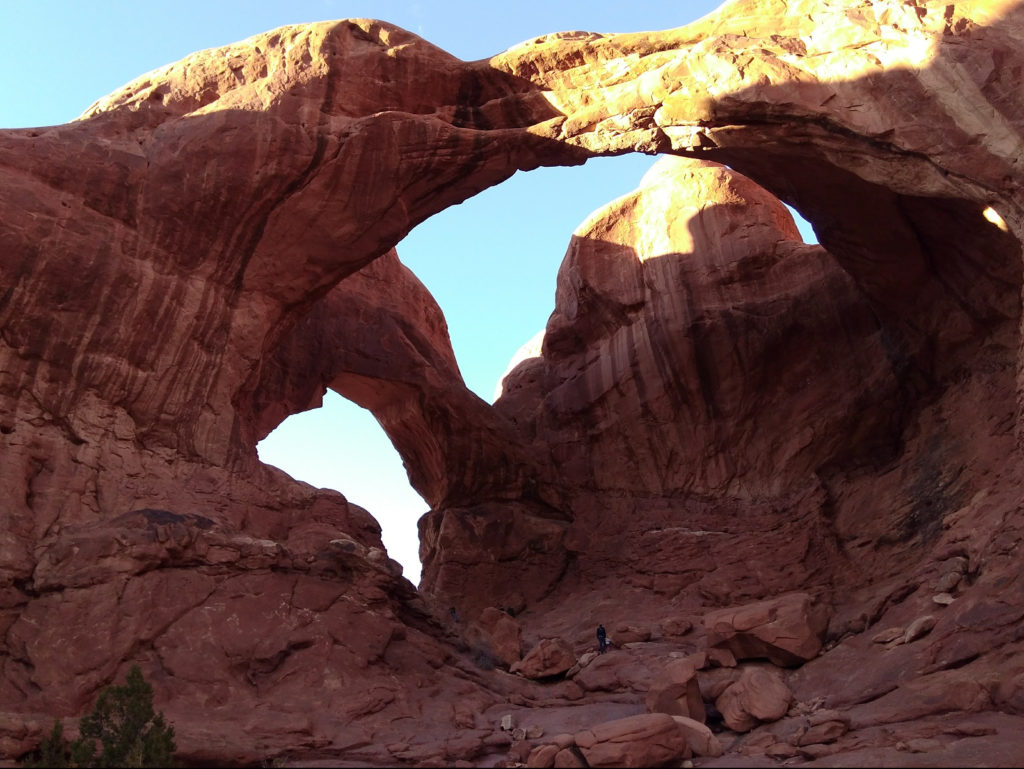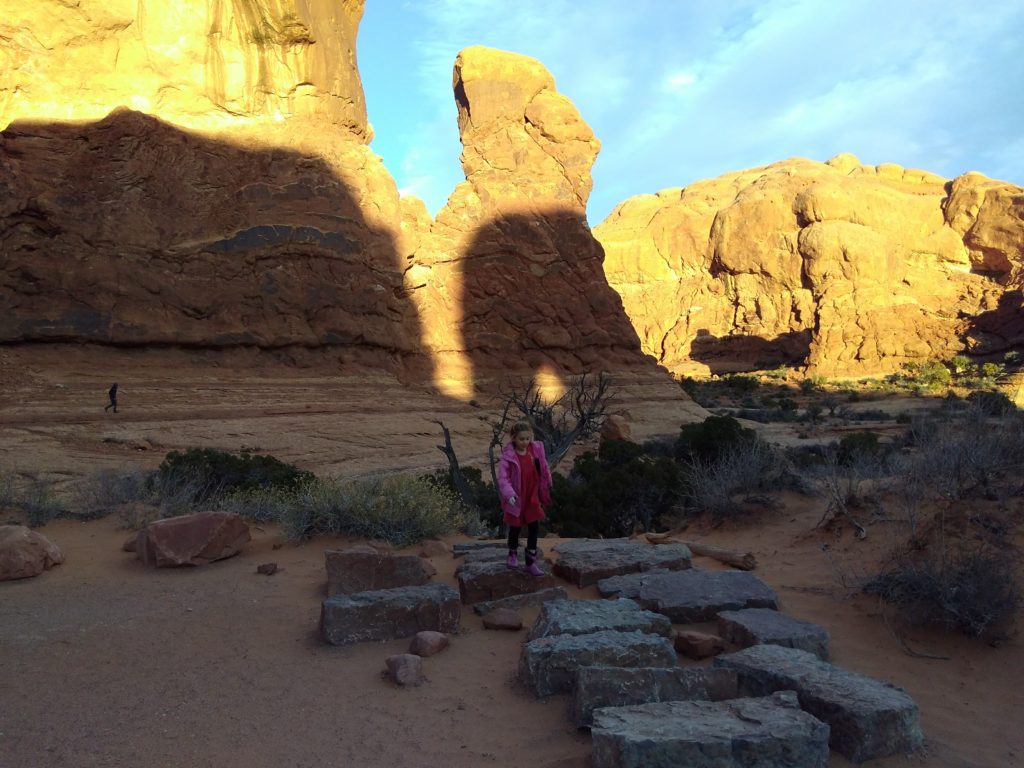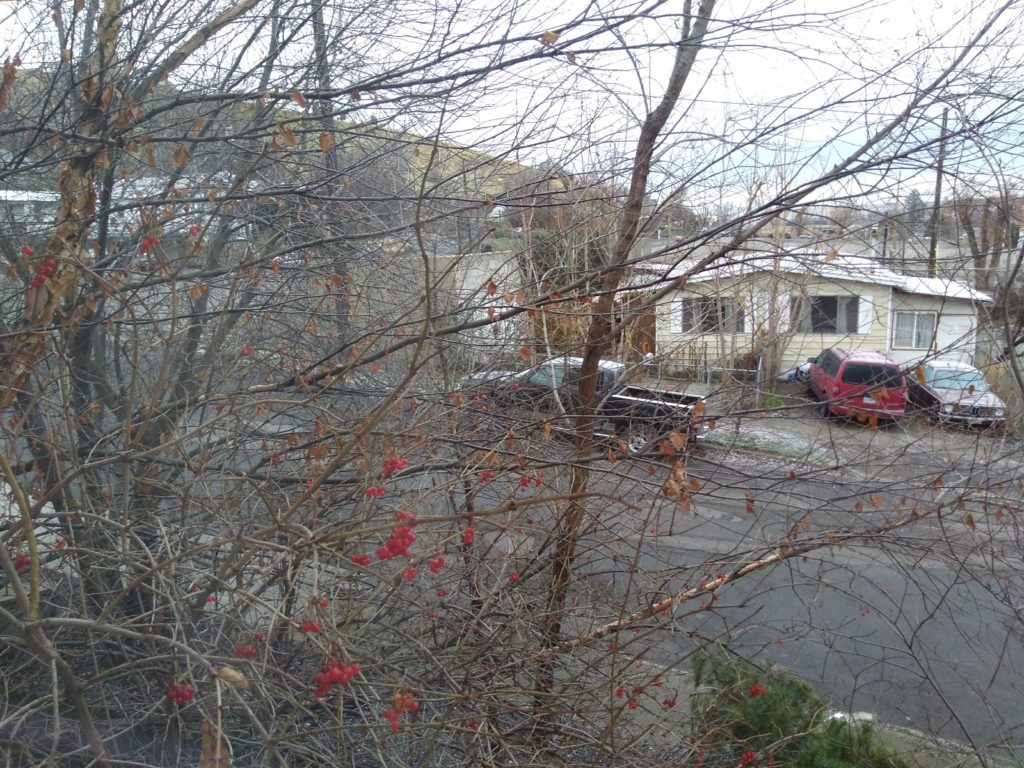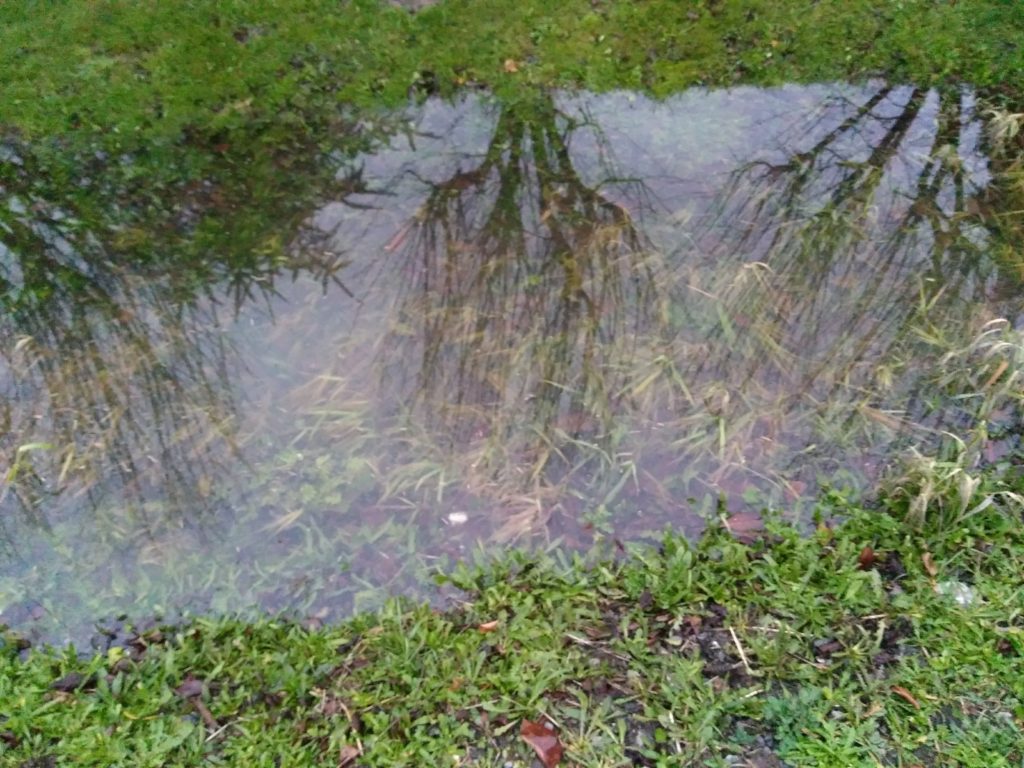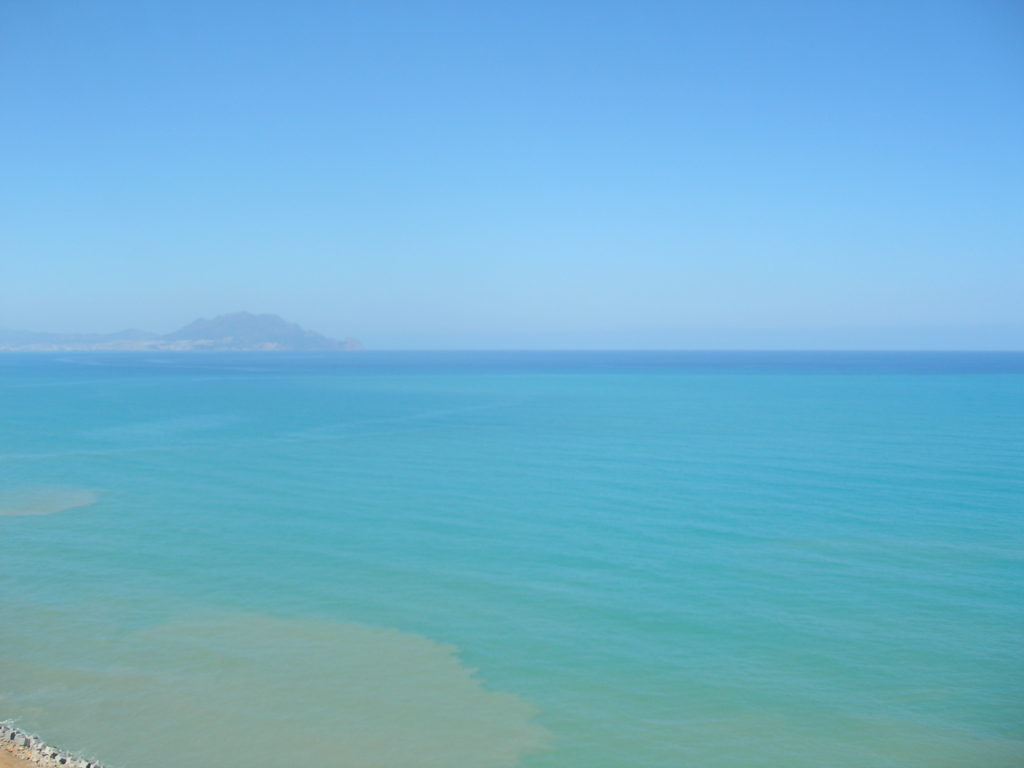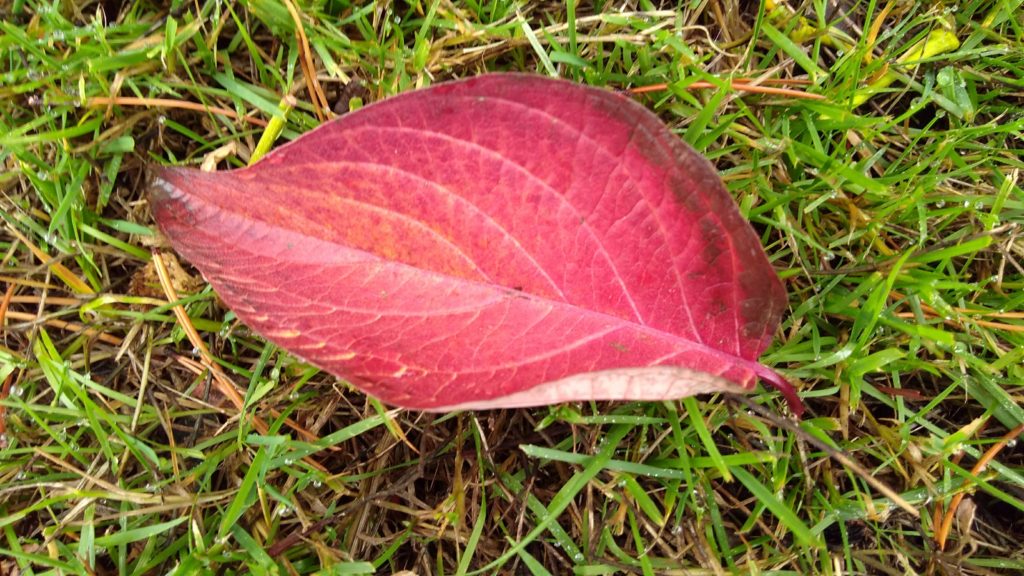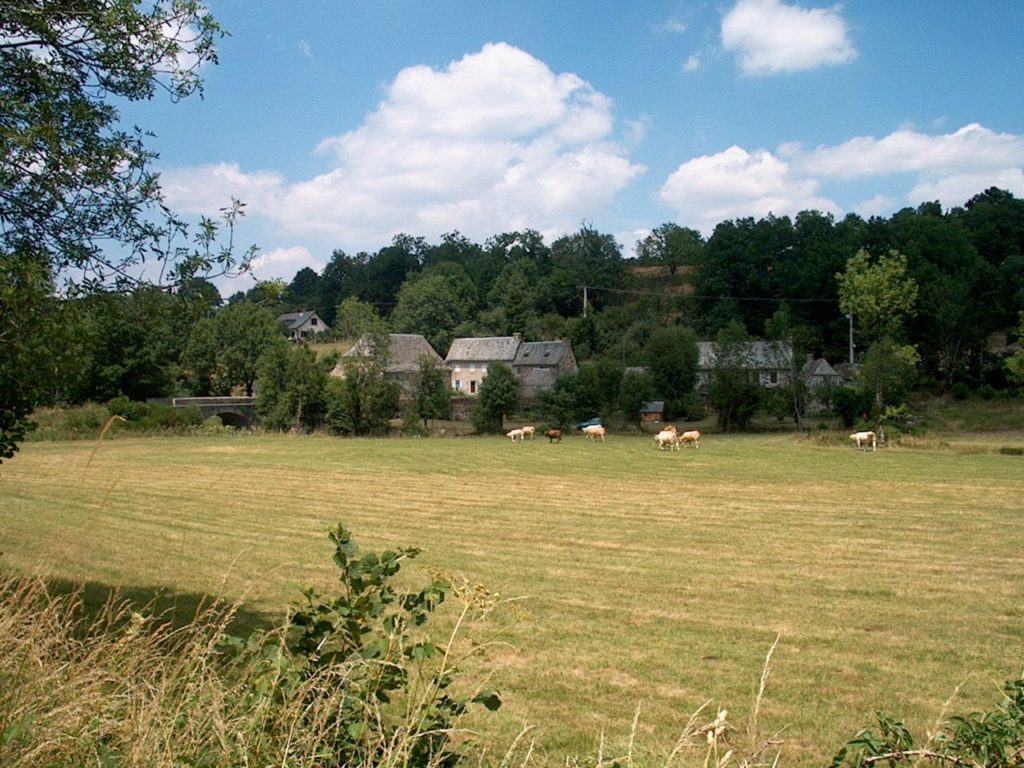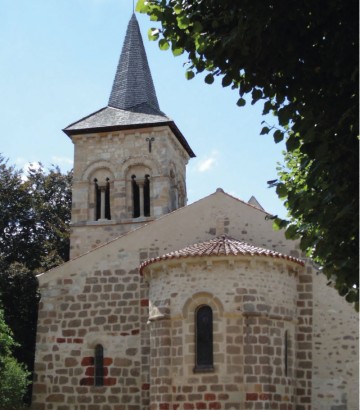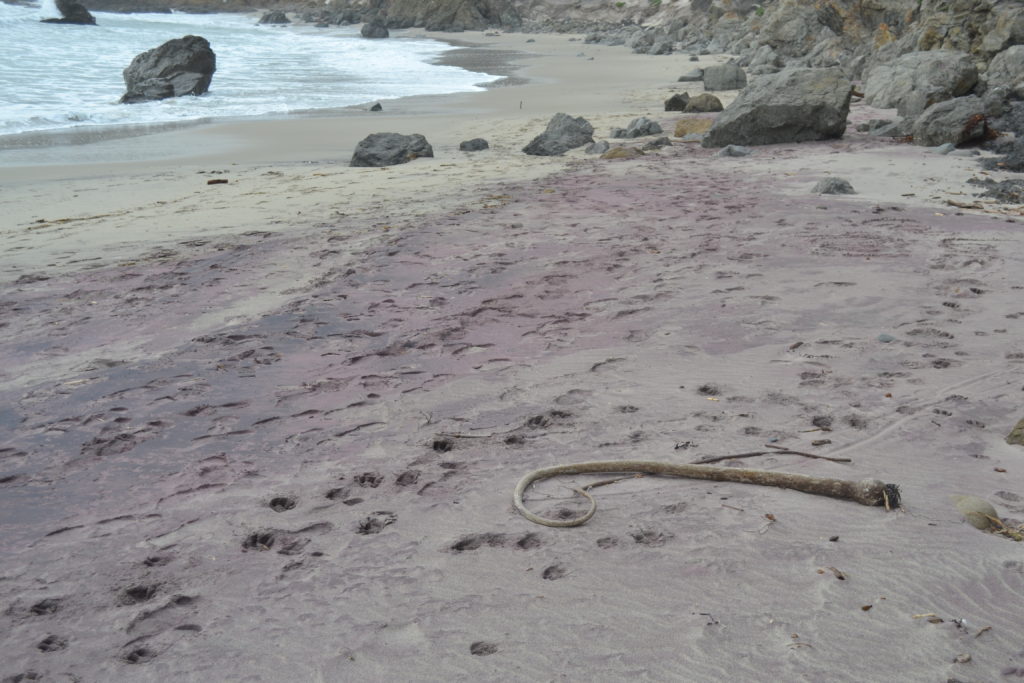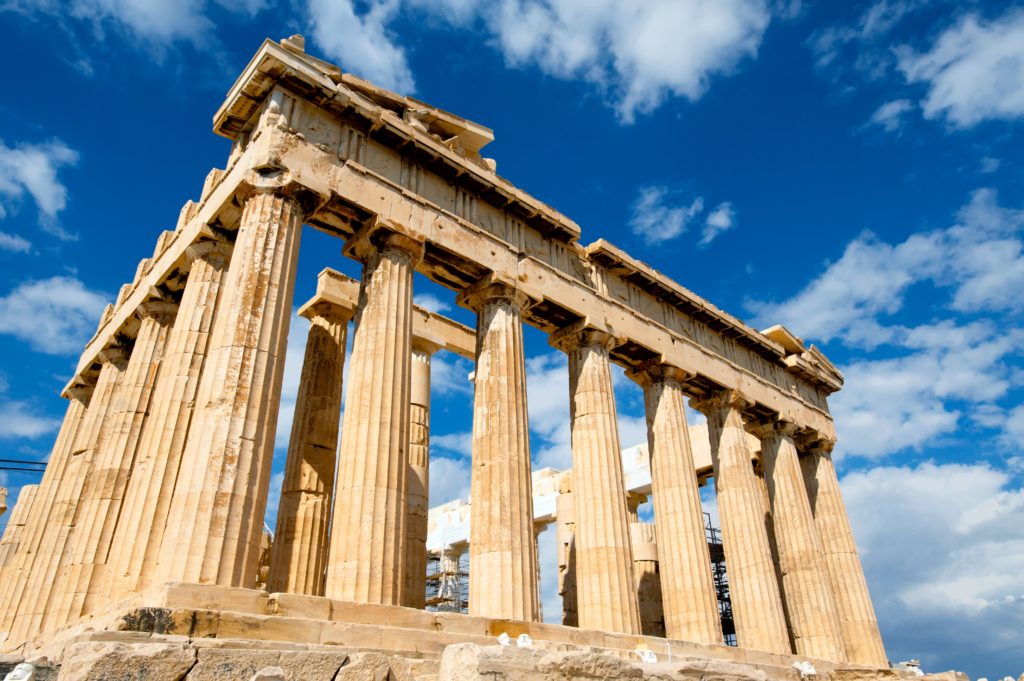
Even bareheaded in the blazing sun, baked as if in an oven, the grace of the Parthenon seemed to me exquisite, unbelievable as an edifice made of hard, unyielding marble. The columns, in their orderly placement, with such rhythm of number and proportion, created the structure of the washed out universe of white heat there on top of the world.
We wandered for awhile, Ion sometimes pausing to sit on a smashed pillar or on a rock while we explored. My friend and I made our way toward the Porch of the Maidens. There we stopped, sweat suddenly dripping down my sides as if it had been pooling for that moment, a sensation I had first noticed with astonishment as a twelve-year-old back in New Jersey at the height of the humid summer. But here I was in Greece, not New Jersey, away from my parents and the familiar streets, on top of a huge rock that had been there for aeons even before the first village had established itself somewhere down below. There I was amid the bones of buildings that had been built over decades by laborers unknown more than two thousand years before. Yet it felt more present than the buildings surrounding me day after day in my other life. The women of the huge statues around the portico dwelled in some dimension more real than the one I occupied. I yearned for it.
My head was becoming very light from the heat. I think it had begun to pound. I had to sit down for awhile on one of the huge pieces of marble once part of the huge complex of buildings. They had stood for hundreds of years and then gradually, with the pull of gravity, the blasts of wars and winds had fallen where we now walked. I could feel their tremendous weight as I put my head down between my knees. I had never known heat like this. It did strange things to the mind. The thought occurred to me that there is a seeming geometric difference between one hundred degrees and one hundred and twenty. I don’t think we even had water.
I don’t remember the walk down the stairs or what happened for the rest of the day or two we spent in Athens. I remember only that we tried to get out of the heat of the streets and sleep in our room at the Y. At least in the white space of that room, there was no sun beating down on our heads.
Arrangements were made and we were on a bus together to Glyfada, Ion’s hometown. We probably drowsed in the heat next to the open windows, through a nondescript landscape of towns with lines of shops and apartments, small hills in the distance and the smells of garlic and cooking meat drifting in as we passed souvlaki shops. When we jumped down from the bus in Glyfada we could feel the way in which the sea took the edge off the heat that had been oppressing us. We walked through the streets of the town, away from the water past small homes built of stucco, surrounded by walls of cheaply manufactured bricks or metal grill-work fences.
Now a suburb of the sprawling city of Athens, then it was a resort town where traditional Greek life continued away from the bustle of tourists at the seaside. It felt like a small town, surrounded by hills where families kept gardens with grapes and vegetables beside their one or two-story homes and widows dressed in black carried baskets from the market.
We were to stay at the home of some friends of Ion’s, in their garden in fact. We went there first to knock on the door and see if they were in. The parents came out, so happy to see Ion, gesticulating, the old man putting his hands around Ion’s face and kissing his cheeks, his wife hugging him with tears in her eyes. They were overjoyed to greet the two Americans, my friend and I, and called to their neighbors in the next house to come and meet us. We sat at a rickety table in the garden, under a grapevine that climbed over an arbor made of metal poles. The wife brought out cold drinks of homemade lemonade and cookies from the local shop and we sat and watched the couple chat with Ion as gathering neighbors came to sit on an assortment of plastic and metal chairs and, in turn, watch us.
After a while, the old man walked us to the other side of the house where he proudly showed us two old metal cots he had set out for my friend and me under trees where grape vines climbed and hung their bunches of fruit here and there. It was truly a delightful, somehow exotically simple setting. We put our bedrolls on top of the springs and stashed our packs underneath.
We went back to join the small crowd that had gathered in the front yard where he poured us small glasses of transparent Ouzo, made milky when he poured water from a ceramic pitcher into each glass. We toasted, raising our glasses and looking around at the faces in the small circle, to our first repetition of the Greek word Yamas! Ion explained that our next stop would be a cafe in the town near the water, popular with young people. There we would meet his friends.
As we left, opening the gate and walking into the stone-paved street, he stopped and, putting hands on our shoulders, turned us towards him.
“Listen to me now,” he said. “You are going to meet some of my best friends in the world. We grew up together. One of them has a father in the police force, another has a mother who works in the mayor’s office. Be careful what you say. I trust them, but you never know who else is listening or what they might be thinking.”
A bit mystified, we both nodded, wondering quietly as we followed.
We walked back out to the streets of the town and down towards the water, towards the restaurants and hotels for the tourists of the “Greek Riviera”. We saw little of this. Ion lead us to a street away from the main thoroughfare where a smaller restaurant and cafe sat on a corner with just a bit of a view of the ocean.
As we approached, a few young men got up from tables outside and waited for Ion to cross the street. When he did, they came up to him immediately, embracing warmly and slapping each other on the back. They ushered us to a group of tables where several young men and a couple of women were sitting together, glasses of beer and ouzo and cups of Turkish coffee on the tables. They all rose and greeted us, the women embracing us, woman to woman, and the men shaking hands. They were all warmly happy to see Ion and excited about meeting his two American friends.
We sat and drinks were ordered and probably a plate of olives and snacks. The sky was an absolute shade of blue and the glimpse of water behind us sparkling in shades of indigo and turquoise. The air was much softer than the blazing heat of Athens. We chatted in English with many pauses for translation. As the afternoon passed slowly by, we began to feel quite relaxed with these new friends. Someone got up to go to the store to get cigarettes and the conversation shifted a bit. One of the men was asking about the atmosphere in the US. Ion translated. “What’s it like there now?”
I began to answer by explaining how I felt about our new president, Nixon, and his stance on the Vietnam War, my friend adding a comment about the demonstration that May. The man who had asked the question seemed quite interested in our response and turned towards Ion with to ask another question for him to interpret. While my friend and I had been speaking, I’d noticed the other men in the group turning to each other with looks of furtive anxiety. One suddenly leaned in towards me and said quietly in English,
“Don’t say anything more. We can’t talk like this. It’s not safe.”
Ion pulled his chair close in towards mine and my friend’s and, leaning forward as if he were thinking about something, said in a low voice as if speaking to the floor,
“This is what I was talking about. We can’t talk politics. My friend was foolish to ask his question. There are people here with connections to the police. We should just get up and leave now as if we had planned to all along.” He put a hand on my arm and we both stood up.
The whole group responded, standing up and taking the last drinks from their glasses, embracing and shaking hands to take our leave. As we walked away from the cafe, one of Ion’s friends, long hair caught up in a ponytail, slim and tall, turned to him and said,
“Why don’t I give the girls turns riding on the back of my motorcycle? I could show them the view up on the hill.”
Ion came up beside us and asked whether we’d like that. Gazing quickly at each other for some confirmation that this was alright, my friend shrugged, raising her eyebrows slightly and smiling for the men. I said,
“Sure! Sounds wonderful!”
My friend was the first to hop on the back of the small white motorcycle. Waving, they took off up the road. A couple from the cafe had come to join us where we leaned against an iron fence, waiting together on the edge of what seemed to be a small park. Ion smoked and chatted with them in a mixture of English and Greek, translating some bits here and there. After a few minutes, it became clear they were talking about plans for the next couple of weeks, the final days of summer break. The plans seemed centered around making a trip to the island of Mykonos. They weren’t sure whether they could get away but they thought it would be a splendid place to take us. They talked about a tent he could borrow so we could all camp on the beach.
After a long while, the motorcycle roared down the hill, my friend smiling, her hair streaming out behind them like a fluttering yellow banner.
“What a great ride! You’ll love it! It’s so beautiful up there!” she called to me as she slid off backwards, finding her footing on the pavement. Her face was shining with the joy of it.
She hugged the driver around his shoulders and waved back to him as she came to join us. He looked over at me and motioned for me to get on. I ran up and, as I settled in behind him he said,
“Remember my name? It’s Yanni.”
“Yes” I said, as he turned and shook my hand.
“I remember now.”
“Hold on around my waist,” he said.
“Ever been on a motorcycle before? It’s curvy up here. You have to hold on tight.”
A memory of the long motorcycle rides through the countryside with my good friend back in my hometown, stopping for ice cream in our special spot out of town, flashed through my mind. A round burn mark inside my left calf was a lasting reminder of the first time I’d dismounted from the hot bike. My friend had taught me how to lean in with the curves and how to hold on just tight enough around his leather jacket. Protectively, he had made sure I had the security of a helmet. Here, my head was bare in the free open air. Nervous, yet excited, I told him,
“Yes. I have. I’m okay.”
I pressed myself in against his back, reassured by its firm, steady strength. He turned the bike and started up the hill.
The air rushing by was hot and fragrant with smells I had never smelled anywhere else but Greece. As we leaned through a pocket of fragrance, I yelled into his ear,
“What’s that sweet smell?”
He turned his head just enough for me to hear and yelled back, “Jasmine.”
The air was filled with wafts of its sweetness. The view of the ocean to our right was exquisite, the particular hues of the blue sublime in their combined intensity, transforming the world. A wave of happiness washed through me and rested there as we whizzed past the graceful dark pines and exotic palms with their strange bark, the wind now cooling me and sending a shiver up my back and into my bare shoulders, filling me with a physical, animal joy. Recklessly, unlike me, I threw up my arms and tilted my head back to look up into the endlessly vibrating sky.
“I’m in Greece!” I thought, “In Greece!”
